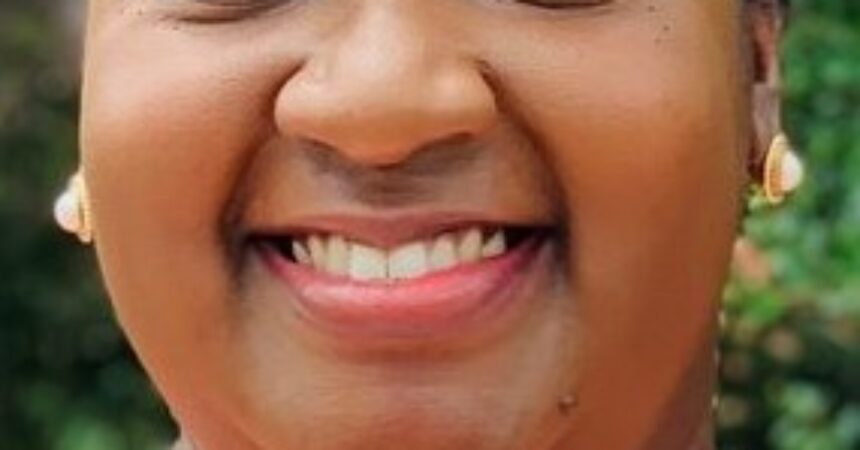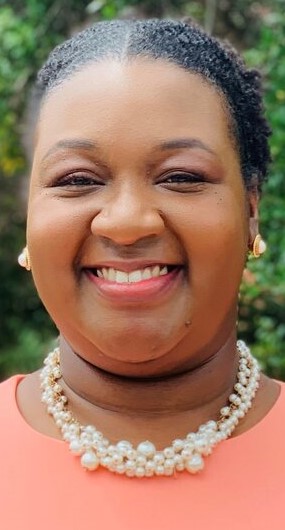
Roberson tackles health inequities in new role with Indelible

By St. Clair Murraine
Outlook Staff Writer
One of the physicians who helped Florida navigate the early stages of the COVID-19 pandemic, has taken on a mission to find a strategy that could help people cope with health inequities.
Dr. Shamarial Roberson was recently hired to affect the change to help improve healthcare in marginalized communities. Indelible, a Jacksonville-based management consulting firm, named Roberson President of Health and Human Services.
The Black-owned company was started by Joshua Hay and Michael White, both FAMU grads.
Roberson is the former Deputy Secretary of Health for Florida under Gov. Ron DeSantis.
During an exclusive interview with the Outlook, Roberson said her staff will delve into more than just the doctor-patient relationship, taking on issue such as housing.
“It is important to close these gaps on iniquities; bring out those social services so that people can do well in housing, do well in economic stability, do well in physical activities,” Roberson said. “All of those things will ultimately make for a healthier person, especially after COVID.”
In part, Roberson said, people might not be seeking healthcare because they don’t know what’s available to them. A large part of that group is made up of the older population and pregnant women.
Older people and the uninsured could find healthcare at Federally Qualified Healthcare Center, places where people can get different services based on their income. Resources for pregnant women include the Women Infant and Children Program.
Roberson’s promotion comes at a time when there is a consensus that the pandemic exposed many health inequities in underserved communities. Much of that is still obvious, said Roberson, who has extensive knowledge of epidemiology and infectious diseases.
“When COVID happened, a lot of people didn’t go to their routine screenings, routine dental service and a lot of people struggled and lost their jobs,” she said. “So some inequities that we had prior to COVID-19 was widened with the pandemic.
“Coming out of that, it’s important that people understand their resources and where they can go; community health center, county health departments. We need people to go in and get routine screenings that are recommended by healthcare providers.”
As the weekly number of COVID-19 cases seesaw around the state, Roberson said it’s important to be proactive as different variants of the disease linger.
“We are in a very different place than we were two years ago,” she said. “For example there are oral medication for COVID (and) there are different things you can do. They didn’t have all those things when you look back two years ago. And, they have the vaccine.”
Roberson suggested that getting tested and taking other precautions could help prevent severe sickness.
“I would tell people to move forward; not with fear but be equipped with education about COVID-19 and continue to be healthy,” she said. “Get out there and live life.”
Most of the health inequities are known to be exposed are in rural communities, where health centers and emergency rooms are seldom available.
However, there has been an uptick in walk-in health care facilities. For example there are at least four places on the Southside of Tallahassee that provides healthcare.
Those are good signs, Roberson said.
“You want to meet people where they are,” she said. “You don’t want to have communities where people in need have to travel far and may need transportation. When you have these health centers that are coming into communities, community members can access different services.”
In addition to Roberson, Indelible also announced two new promotions. Jamal Allen Sowell has been appointed President of Business Solutions, while Marion Hoffmann was named Vice President of Business Solutions. Both come from positions with the state government.







